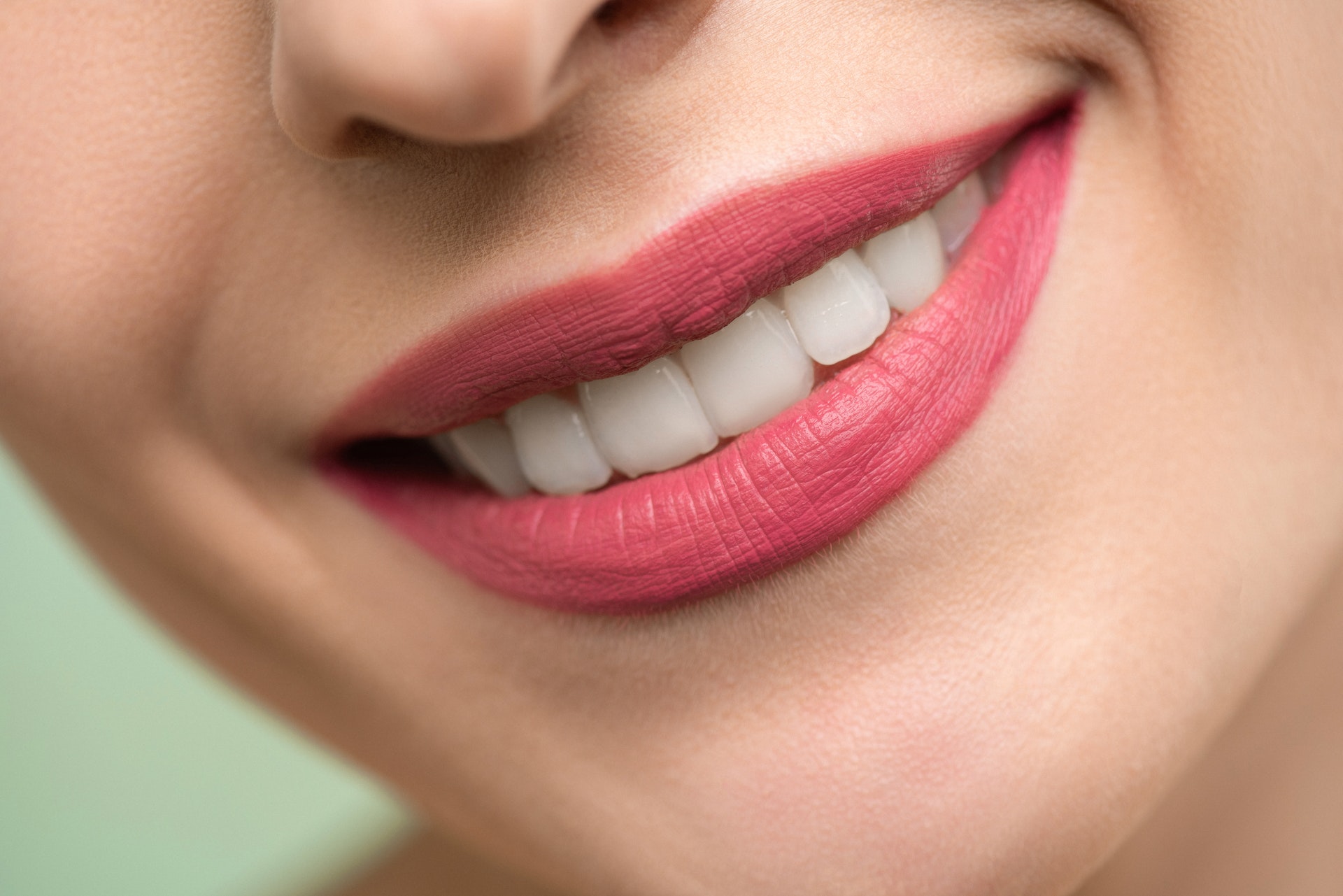Oil pulling is the perhaps-strange sounding process of swilling oil around your mouth for 20 minutes at a time, before spitting it out.
 The aim of this practice, is to whiten your teeth, while simultaneously improving your breath and your health. But is this just another health fad? Does it really work? Where did this odd trend come from? Let’s break it down.
The aim of this practice, is to whiten your teeth, while simultaneously improving your breath and your health. But is this just another health fad? Does it really work? Where did this odd trend come from? Let’s break it down.
What is Oil Pulling?
Oil pulling comes from Ayurvedic practices, giving it the benefit of age. To do this right, you are supposed to use an unrefined oil – coconut oil being a particularly popular choice – and then swish it between your teeth for 20 minutes before spitting it out.
One claim is that this works by “drawing out” toxins and absorbing them. The toxins are supposed to be literally pulled through your gums and teeth, giving you a healthy detoxification.
Unfortunately, this part of the story is unsubstantiated and highly unlikely to be accurate. In fact, the entire notion of “detoxification” is something that has scientists raising their collective eyebrows: there is no evidence that the body requires any detoxification beyond what it is capable of delivering itself!
There is certainly no evidence that these potentially-imaginary toxins can pass through your gums or teeth, or that the presence of oil would somehow encourage them to make this journey. Not even drawing ointment has been demonstrated to have any “pulling” effect in this manner, and does nothing more than simply softening the tissue.
So you shouldn’t swill oil if your aim is to get rid of toxins. But that isn’t to say that this practice doesn’t offer any benefits.
What Oil Pulling Can Do For You
What oil pulling may be able to do, is to dissolve the bacteria that already lives inside your mouth. This is no small thing, seeing as the bacteria in your mouth is responsible for a whole range of nasty and unwanted effects.
The first among these of course is tooth decay and cavities. Bacteria in our mouth feeds off of sugar, and then produces plaque as a byproduct (essentially this is bacteria poop). This is what can cause teeth to deteriorate and eventually need the other kind of pulling!
The process of swilling itself appears to generate enough friction to actually clean the teeth much like a toothbrush would do. This can remove plaque, strep mutans bacteria, and even some of the staining you get from drinking too much tea and coffee1! Oil may also be able to smother bacteria to a certain extent. This same study showed that oil pulling was actually more effective at removing bacteria as compared with mouthwash! That’s especially encouraging considering that mouthwash is actually considered too acidic and corrosive by many dentists, and has been known to cause damage to enamel.
Destroying bacteria in the mouth has a host of other potential benefits too. For instance, bad breath (halitosis) is actually caused by bacteria. The reason that our breath is often so bad first thing in the morning in fact, is that we haven’t been producing enough saliva during the night to remove it! (This is in turn due to the lack of water consumption while sleeping.)
Better yet, removing bacteria from your mouth may even be able to reduce cancer risk and all manner of other conditions! This is because a lot of the exogenous bacteria and pathogens that harm our health actually enter through the mouth. If you keep your mouth clean and free from germs, you reduce the amount of work your immune system has to do. And by lightening the load on your immune system, you help to keep it firing on all cylinders and fighting all manner of illnesses and conditions.
So, Should You Pull?
With all that in mind, am I recommending oil pulling as a useful way to remove bacteria and whiten your teeth?
Overall, I am not.
While it’s true that oil pulling appears to kill bacteria, it’s also true that flossing can achieve the same thing – even if it is to a slightly lesser extent. Remember: those that go all in on oil pulling are swilling oil for an entire 20 minutes every single day. That is a huge amount of time to spend doing something that will still only have a relatively minor benefit.
Not only that, but the process of oil pulling is actually quite unpleasant. After a while, the oil begins to mix with saliva which can give it a particularly unpleasant texture – enough to make some people gag or feel quite ill. It leaves a greasy coating on the inside of your mouth, and it has a tendency to “get everywhere” too.
Flossing on the other hand takes a few minutes, and can also reduce your risk of cancers and other health issues. It’s rather telling that a lot of people would rather spend 20 minutes swilling oil, rather than 5 minutes flossing. The unfortunate fact of the matter is that health fads do well purely because they appear novel and offer quick results.
The best way to look after your health is more often the boring, consistent, and slow way!
That said, if you want to occasionally freshen your mouth up, then 20 minutes of oil will certainly do that!
